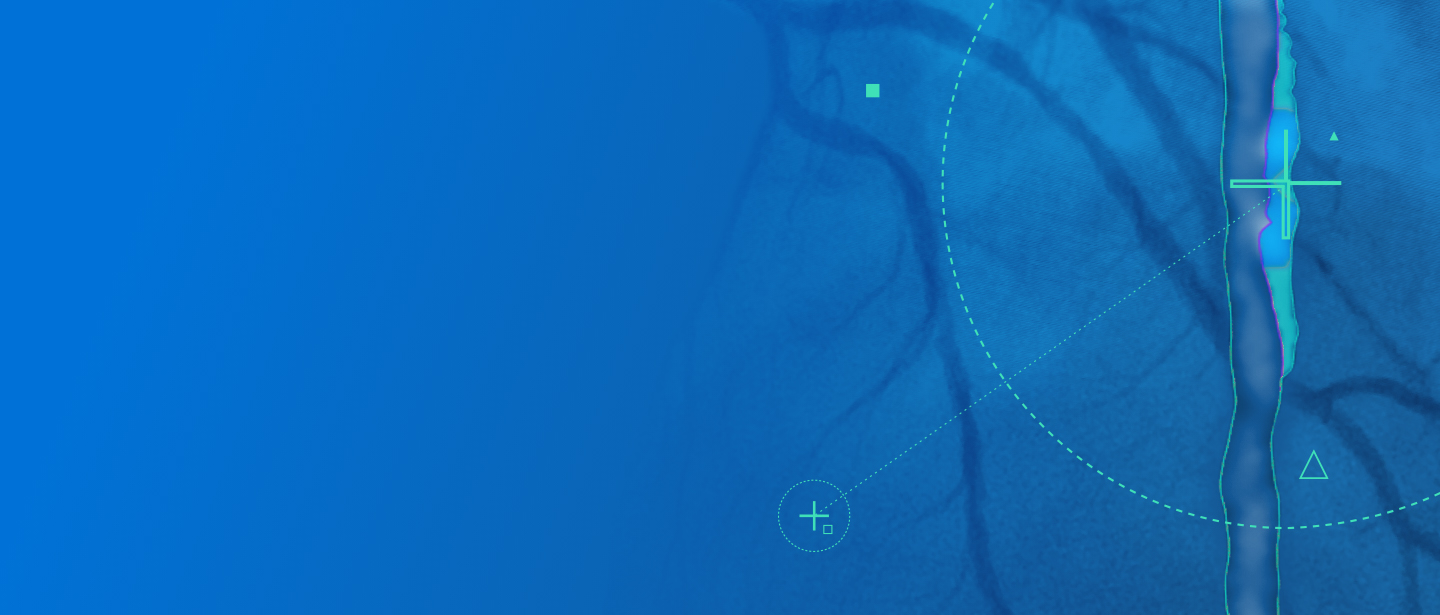HOW AI-ENABLED CCTA OUTPERFORMS STRESS TESTING FOR HEART DISEASE DETECTION
Watch the Webinar

Watch the Webinar
Our fourth webinar in the Transforming Cardiac Care series was a discussion about new evidence showing that AI-enabled coronary computed tomography angiography (CCTA) has a higher diagnostic accuracy for detecting coronary artery disease (CAD).

Associate Professor of Medicine and Radiology, George Washington University
Dr. Choi is the Co-Director of Multimodality Cardiac Imaging and Associate Professor of Medicine and Radiology at George Washington University. He is a national cardiovascular imaging thought leader with interests in application of AI-enabled CCTA to enhance early heart disease detection.

Founder and Chief Executive Officer, Cleerly Inc.
Dr. Min is a globally recognized authority on cardiovascular imaging and physician scientist who understands the inter-relationships between non-invasive imaging, coronary angiography and revascularization.

Chief Medical Officer, Cleerly Inc.
Dr. Earls is a Professor of Radiology at George Washington University Hospital and a leader within the field of Radiology in applications of advanced imaging technologies in cardiovascular care.
We discussed every critical angle on why, and how, we need to shift CAD detection from stress tests to AI-enabled CCTA.
Discuss how overutilization of inappropriate stress testing has contributed to potential harms for patients as well as excessive health care costs
Review how evidence from a recent randomized controlled trial advocates a new paradigm of detecting CAD through AI-enabled CCTA
Evaluate the high diagnostic accuracy of AI-enabled CCTA for CAD imaging in comparison to stress testing and other gold standards
Understand how AI-enabled CCTA may contribute to enhanced prevention of heart attacks through early detection, improved test selection, and reduced health care costs
The Cleerly webinars are open to any cardiologist, radiologist or other healthcare professional with an interest in breakthrough medtech for heart disease and prevention. Watch Webinar!